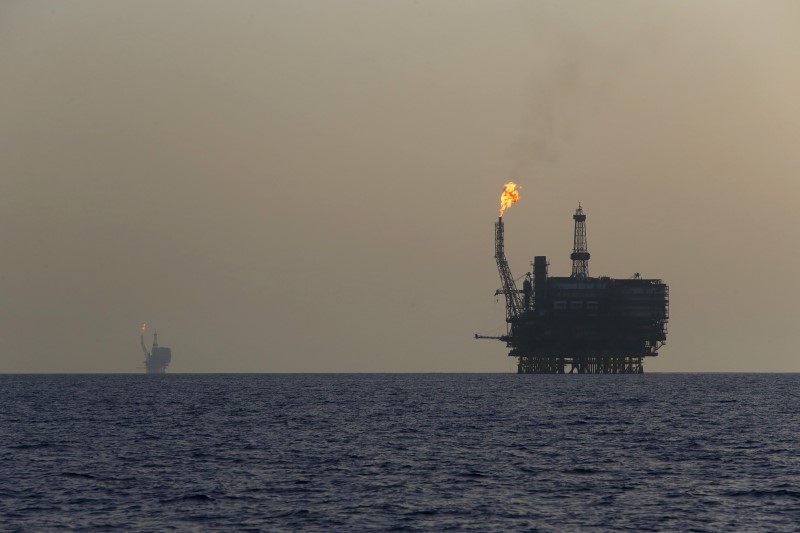By Amanda Cooper
LONDON (Reuters) - Oil fell on Tuesday, as investor nervousness over next week's vote on Britain's possible European Union exit swept financial markets, eclipsing signs of a return to health for crude prices.
Perceived safe-haven assets such as the Swiss franc (EURCHF=) and German Bunds (DE10YT=RR) rallied, while industrial commodities and equity markets, seen as more vulnerable to economic risk, fell after polls showed Britain's "Leave" campaign leading before a referendum on EU membership..
This overshadowed a more upbeat forecast for oil demand growth from the International Energy Agency, which said the oil market is essentially balanced after two years of surpluses.
Brent crude oil futures (LCOc1) fell by 69 cents to $49.66 a barrel by 0842 GMT, dropping for a fourth day in a row, while U.S. crude futures (CLc1) lost 77 cents to $48.11 a barrel.
"Basically, safe havens are back in fashion," PVM Oil Associates analyst Tamas Varga said.
"The thought process is that if the UK leaves the EU, then the EU might slip back into recession and ... that might negatively impact oil demand," he said.
Britain's "Out" campaign has increased its lead over the "In" camp before the June 23 referendum, according to two opinion polls published by ICM on Monday.
"The risk-off mood that has been pervasive in the markets in the last few days has taken hold of oil prices, with weakness in Asian markets and a strong dollar contributing to Brent crude dripping back below $50," said Mihir Kapadia, CEO at Sun Global Investments, which has assets under management totalling $500 million.
Reflecting the extreme nervousness among investors over the prospect of a vote to leave the EU, dubbed "Brexit", volatility in the pound
Concerns about Chinese growth are also weighing on sentiment, enough to set aside bullish signs such as a U.S. government forecast on Monday that shale oil output is expected to fall in July for the seventh consecutive month.

OPEC forecast on Monday that the world oil market would be more balanced in the second half of 2016 as outages in Nigeria and Canada help to speed the erosion of a supply glut.